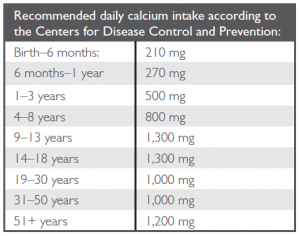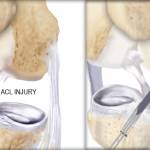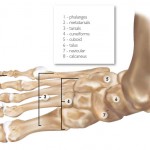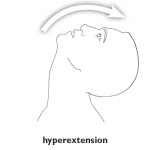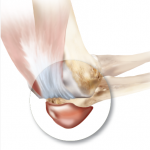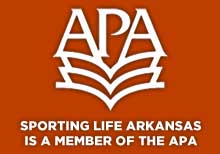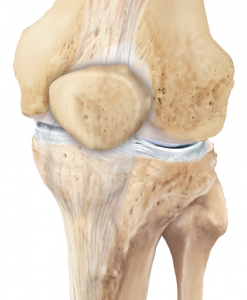 Bones play a very important role in the human body. They provide the makeup of our skeletal system, which keeps us upright and mobile; protect our organs; anchor the muscles; and store calcium, which is needed to maintain healthy bones and teeth and for the heart and lungs to function properly. It is important to consume proper amounts of calcium and engage in weight-bearing physical activities to maintain optimum bone health and decrease chances of developing osteoporosis — a bone weakening, debilitating disease — later in life.
Bones play a very important role in the human body. They provide the makeup of our skeletal system, which keeps us upright and mobile; protect our organs; anchor the muscles; and store calcium, which is needed to maintain healthy bones and teeth and for the heart and lungs to function properly. It is important to consume proper amounts of calcium and engage in weight-bearing physical activities to maintain optimum bone health and decrease chances of developing osteoporosis — a bone weakening, debilitating disease — later in life.
Peak Bone Mass
It is most important to pay attention to calcium intake and exercise in childhood and teenage years. A person reaches his or her peak bone mass (maximum potential for bone density) around the age of 20, when it is estimated that 90 percent of adult bone mass has been accumulated. After this age the bones cannot develop more bone mass, only maintain what already exists. It is essential for young adults to reach their maximum peak bone mass in order to maintain bone health throughout their adult years and to ward off osteoporosis. One can maintain bone density with a proper diet rich in calcium and vitamin D as well as engaging in daily weight-bearing physical activity.
Calcium and Vitamin D
Calcium is a mineral that is crucial to the development and health of the human body. It is essential for healthy bones and teeth, as well as for the proper functioning of many of the body’s internal organs. The body does not produce calcium on its own, so it must be absorbed through food and drink.
Calcium can be found in:
• Dairy products such as milk, cheese and yogurt
• Leafy green vegetables like spinach and broccoli
• Calcium fortified foods such as orange juice, soy beverages, tofu and cereal
• Nuts
• Supplements
It is important to stress the need for calcium in your children’s diets as pre-teens and young adults. They must amass enough calcium before they reach peak bone mass to ensure they accumulate sufficient bone density to last through adulthood.
After bones quit storing calcium, it is important to continue to nourish the body with the proper diet and supplements. If you do not consume enough calcium daily through diet, your body will take what it needs from what is stored in the bones. Once the calcium leaves the bones, it cannot be replaced.
If the body continues to remove calcium from the bones, they will become brittle and fragile and osteoporosis will develop. Vitamin D plays a critical role in the body’s digestion of calcium, because it aids the intestines in absorbing the bone-enriching mineral. The easiest way for the body to get vitamin D is through sun exposure; however, extended exposure to the sun has been found to be damaging to the skin and a major cause of skin cancer. Vitamin D can be acquired safely and affordably in the form of a supplement that can be taken orally. Many foods and beverages- including milk, orange juice, cereal and bread- that are calcium-rich are now fortified with vitamin D as well, to aid the body in its absorption. Check labels on your food and consult your physician or pharmacist to find a supplement that works.
Exercise
Engaging in weight-bearing exercise has been proven to promote bone health. “Weight-bearing” is a term used to describe activity that is done on your feet, forcing your bones and muscles to work against gravity. These movements cause muscles, which are attached to bone, to work harder and pull against the bone tissue, strengthening bone and muscle tissue. Bone is made up of living tissue that constantly breaks down and reforms. Weightbearing exercises help the bone adjust to the impact of weight and build them up becoming stronger and preventing future damage. Besides strengthening bones, these exercises also increase muscle strength, coordination and balance.
Weight-bearing exercises, which should be done for 30 minutes on most days of the week, include:
• Walking, jogging and running
• Soccer
• Basketball
• Tennis
• Dancing
• Aerobics
• Skating
• Bowling
• Weight lifting


